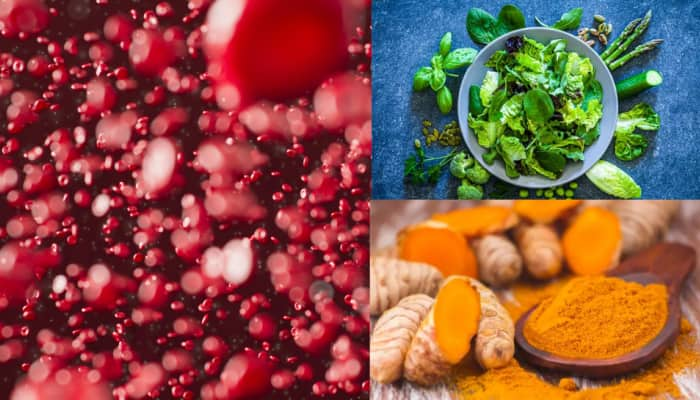New gene variants can enhance crop production by 100 percent
Scientists have found an array of gene variants that would enhance production in the tomato plant by as much as 100 percent.
Trending Photos
)
Washington: Scientists have found an array of gene variants that would enhance production in the tomato plant by as much as 100 percent.
Scientists at Cold Spring Harbor Laboratory (CSHL), in collaboration with Israeli colleagues, announced a new way to dramatically increase crop yields by improving upon Mother Nature's offerings.
Plant breeders would be able to combine different gene variants among the set to create optimal plant architecture for particular varieties and growing conditions. The set of mutations would enable farmers to maximize yield in tomatoes and potentially many other flowering plants, including staple crops like soybeans.
The team was led by Associate Professor Zachary Lippman, who explained that the plant architecture resulted from a delicate balance between vegetative growth - shoots and leaves - and flower production. To increase crop yields, they wanted plants to produce as many flowers and fruits as possible, but this required energy that is produced in leaves.
In a study, Lippman's team identified a range of new gene mutations that for the first time would allow a way to fine-tune the balance of florigen to anti-florigen. This would maximize fruit production without compromising the energy from leaves needed to support those fruits.
Lippman said that the breakthrough benefit of the toolkit was that it allowed farmers to customize genetic variations for particular varieties and growing conditions. For example, they found that different combinations boost yields for cherry tomatoes and other fresh-market tomatoes compared to tomatoes that were processed for sauce, ketchup, and other canned products. They had tested this in multiple genetic backgrounds, in multiple years, and in multiple environments - and the toolkit always provided a new maximum yield.
The study is published in Nature Genetics.
Live Tv







)
)
)
)
)
)
)
)
)
)
